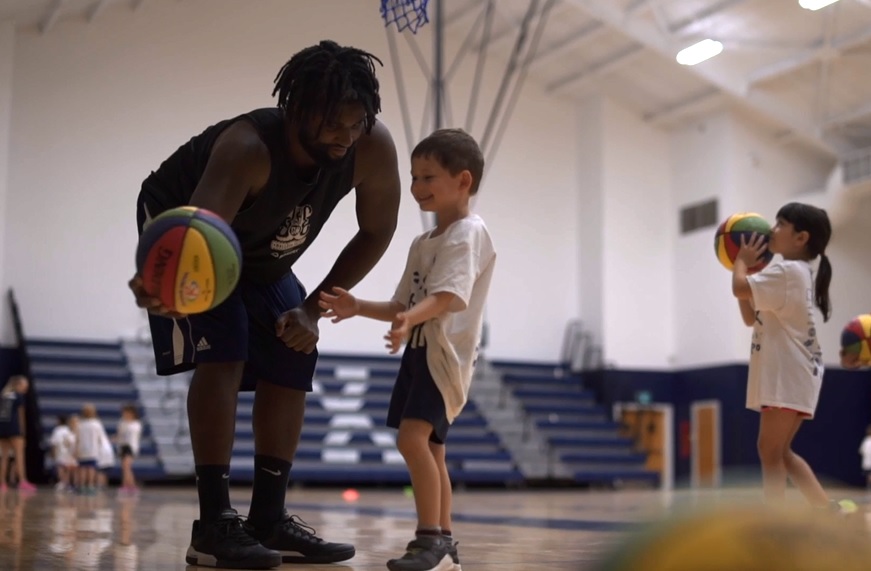
Nova Scotia multisport model mobilized
Scheduling conflicts shouldn’t determine which sports a kid gets to play. Physical literacy professionals believe it’s better if children are exposed to as many different activities and sports as possible, giving them an opportunity to decide for themselves the ones they want to play longer term.…

Do you know the Eight Factors of Active for Life?
Adulthood and aging come with their own unique challenges.
No matter how active you’ve been in the past, it still requires diligence to ensure you’re creating the healthiest lifestyle possible for yourself. In Sport for Life’s resource Durable by Design we’ve broken down the elements of a…

Sport for Life celebrates PLAYBuilder launch
Sport for Life is pleased to unveil its coaching app PLAYBuilder after more than two years of development with Momentum IT Group. This innovative program allows organizations access to lessons plans that will make quality programming easier, and allow instructors to keep content consistent across their…
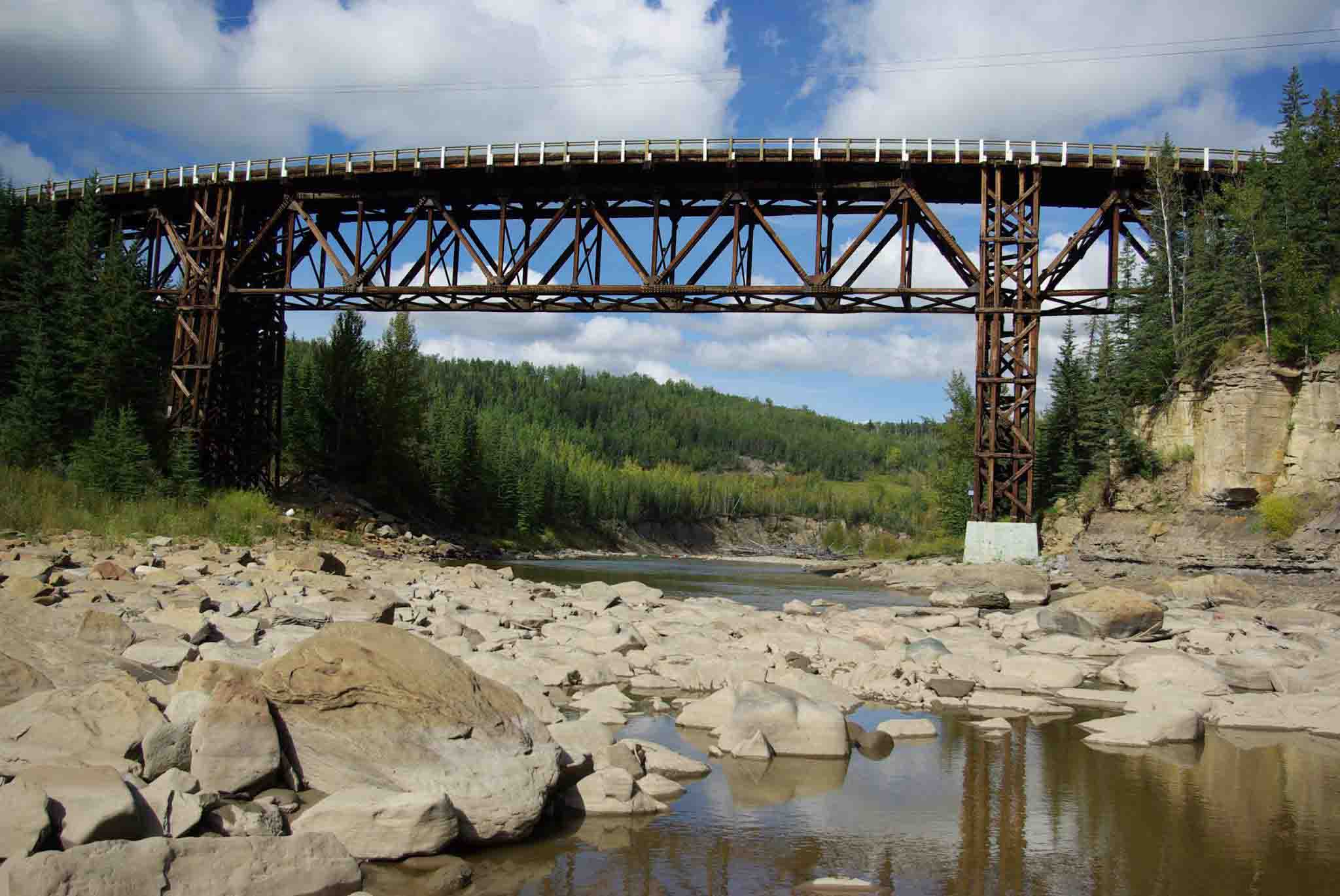
Dawson Creek gets moving
It can be difficult to convince people to embrace active living in the north, but one small city is making strides with a variety of physical literacy initiatives.
Dawson Creek’s Tiffany Hetenyi recently participated in Sport for Life’s Physical Literacy Movement Preparation Coach workshop and…

Sport for Life workshop empowers Indigenous leaders
Indigenous people tend to vote with their feet, according to Sport for Life workshop facilitator Dorothy Paul, and that means they’re going to start walking if you don’t successfully engage them. That’s why she’s signed on to be one of the leaders of the Indigenous Communities: Active for Life…
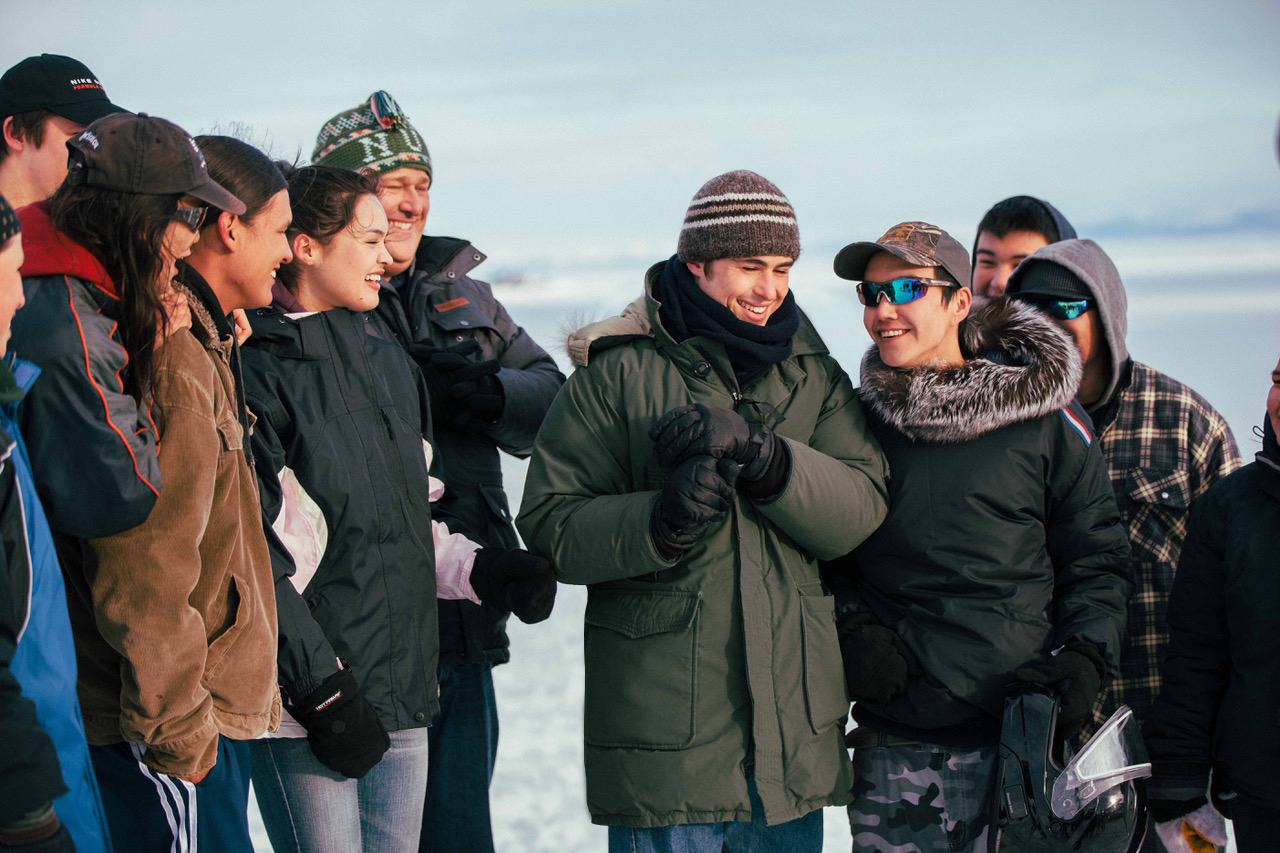
Sport for Life cheers on The Grizzlies
Sport for Life is passionate about mobilizing quality sport experiences to every community in Canada, as we believe physical activity can transform the lives of participants and change the epidemic of preventable health conditions related to sedentary behaviours.
In the upcoming film The Grizzlies,…

Sport for Life Leaders School transforms West Vancouver Field Hockey Club
There are more than 1600 athletes registered in the West Vancouver Field Hockey Club’s Spring League program, and none of them are getting cut from their teams. With a focus on developing skills and having fun, this organization has decided to side-step the traditionally competitive elements of their…
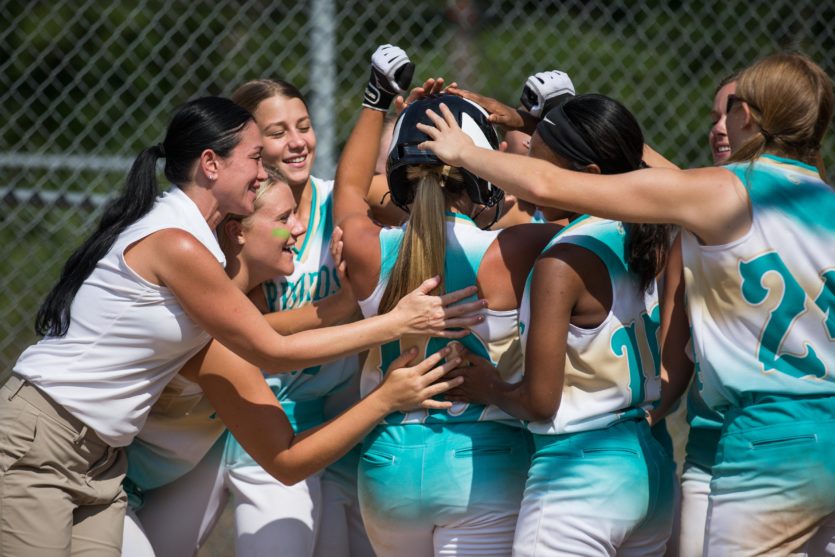
Sport for Life champions gender equity in sport
This is an exciting time for girls and women in Canadian sport.
With a recently announced $3-million investment from the federal government, put forward by MP Kirsty Duncan, our country has set itself the goal of achieving gender equity in sport by 2035. That’s 16 years from today, and according…
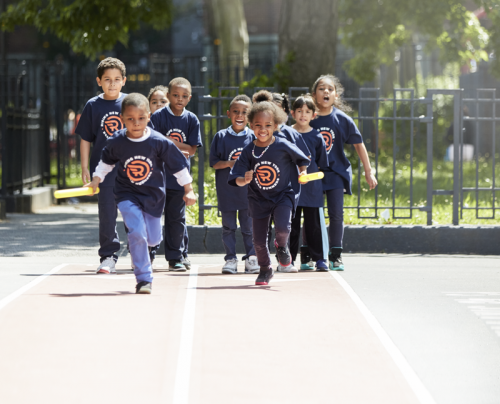
New York Road Runners build their Playbook
Just because you know how to run does not mean you know how to share that knowledge.
That’s where PLAYBuilder comes in. New York Road Runners is one of the first organizations to embrace the new app, which gives coaches access to lesson plans, exercises and games they can incorporate into their…
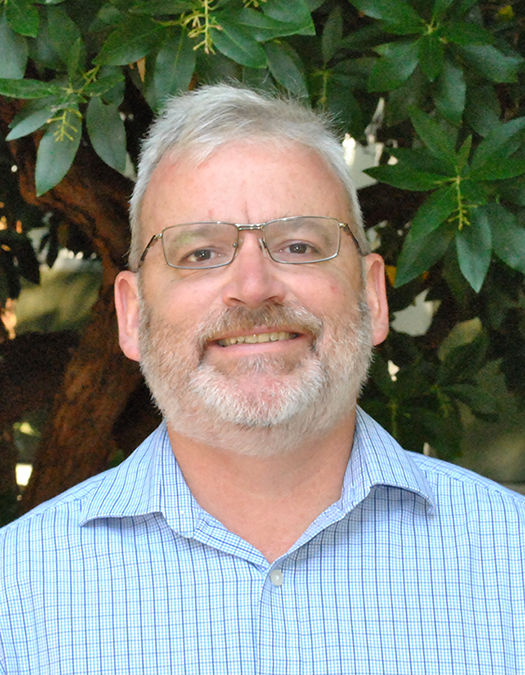
Dr. Guy Faulkner brings physical activity and mental health expertise to International Physical Literacy Conference 2019
Sport for Life is excited to announce that Dr. Guy Faulkner, whose expertise focuses on the intersection between physical activity and mental health, will present at the International Physical Literacy Conference (IPLC) 2019. As one of the leading experts on physical activity interventions, Faulkner…
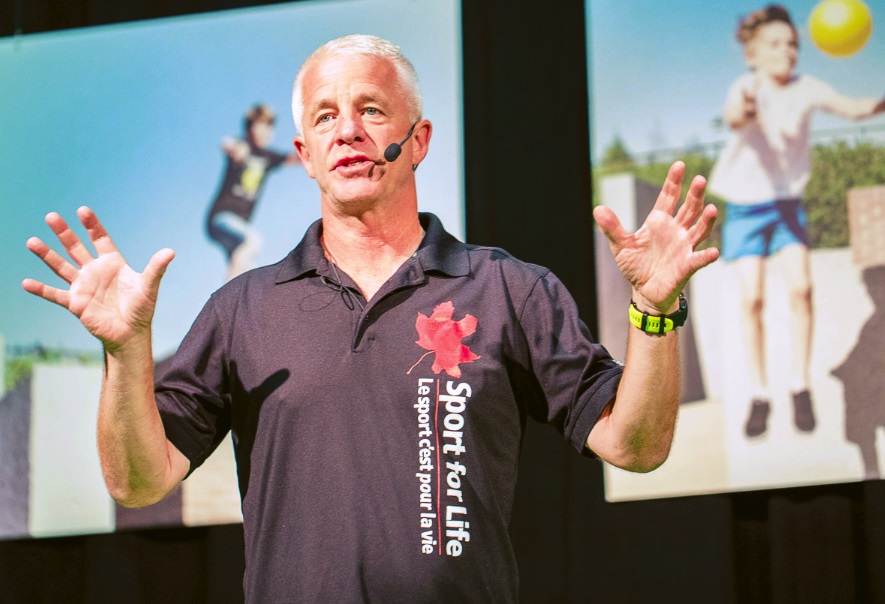
Dr. Dean Kriellaars to deliver keynote address at International Physical Literacy Conference 2019
Dr. Dean Kriellaars, one of Canada’s foremost researchers of physical literacy development, will share his knowledge at the International Physical Literacy Conference (IPLC) 2019, which takes place in Winnipeg, Manitoba from May 7 to 10. An expert on spinal cord research, exercise and obesity, Kriellaars…

Keynote Dr. John Cairney aims to inspire at International Physical Literacy Conference 2019
One of the leading experts on exercise medicine, Dr. John Cairney, will deliver a keynote address titled “Research Powering Physical Literacy” during the International Physical Literacy Conference (IPLC) 2019. Cairney has a wealth of knowledge about the benefits of active living that he will share…
